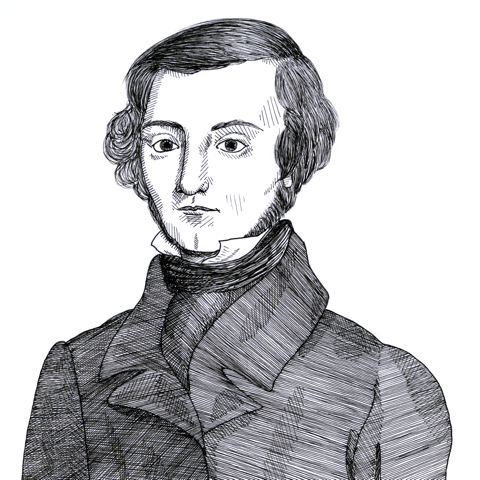
Tocqueville on the true love of liberty (1856)
Found in: The Old Regime and the Revolution (1856)
Alexis de Tocqueville (1805-1859) in his unfinished history of the Revolution of 1789 asks where the love of liberty comes from:
Liberty
I have often asked myself what was the source of that passion for political liberty which has inspired the greatest deeds of which mankind can boast. In what feelings does it take root? From whence does it derive nourishment? …
It is the intrinsic attractions of freedom, its own peculiar charm—quite independently of its incidental benefits—which have seized so strong a hold on the great champions of liberty throughout history; they loved it because they loved the pleasure of being able to speak, to act, to breathe unrestrained, under the sole government of God and the laws. He who seeks freedom for any thing but freedom’s self is made to be a slave.